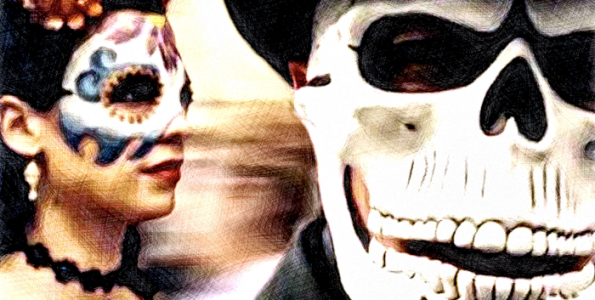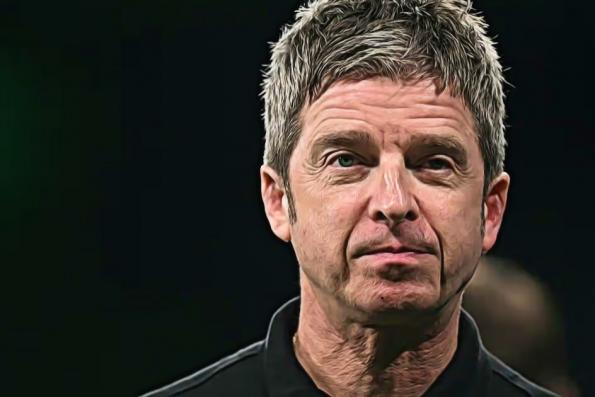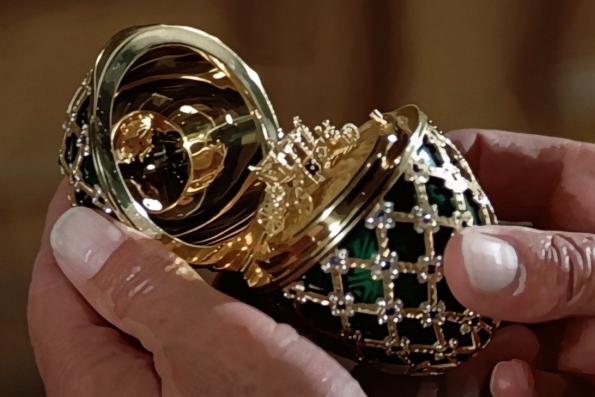SPECTRE revisited
With the No Time To Die premiere finally on the horizon, it's been a whopping five years since a new Bond adventure. The second-longest hiatus in the franchise's 58-year history.
Five years is an awfully long time to have had the opportunity to reflect on SPECTRE. That's precisely what I've done now that the hype has died down, the dust has settled, and the initial knee-jerk reviews are now antiquated.
So, why did Forbes Magazine claim it is the worst Bond film in 30 years? Why did Readers Digest rank SPECTRE as the third-worst Bond film of all time? What is it that's so polarising about Craig's fourth outing?
My feeling is this: I feel the same as I did five years ago when I came out of the cinema. After repeat viewings, discussions, retrospect, and all subsequent critique, I still love this film.
In this article, I'm going to address some of the most significant problems fans seem to have with SPECTRE and attempt a defence.
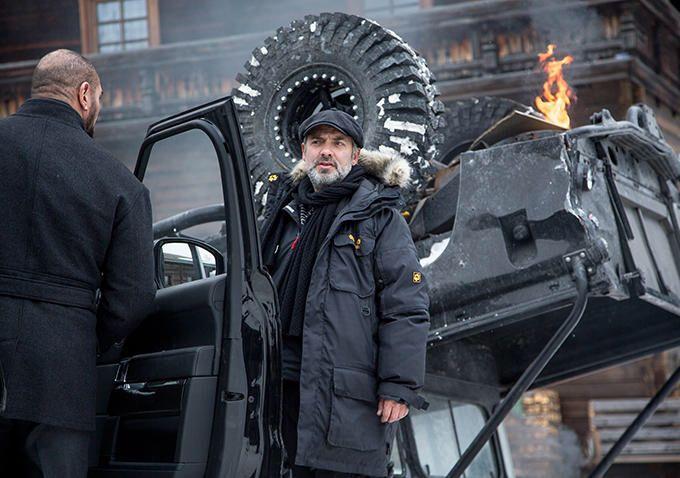
It's not Skyfall
SPECTRE was always going to be scrutinised. Coming off the back of one of the most critically acclaimed and financially successful Bond films of all time is a ridiculously daunting task.
If anything, Skyfall was at a slight advantage following Quantum of Solace — a film that is considered something of a "let-down" by fans and critics. The only way was up for the franchise from 2008 onward. Following the enormous success of Skyfall, realistically, the only way was down.
This was exacerbated by the hype surrounding SPECTRE. Re-uniting Skyfall's writing team with director Sam Mendes and most of the supporting cast meant expectations were incredibly high. On top of this, the title being released as SPECTRE sent shockwaves of excitement through fans.
After decades of legal battles and copyright issues, Eon was finally able to re-introduce the legendary criminal organisation to the franchise. Similarly, the teaser trailers had whispers of the On Her Majesty's Secret Service score, and it was evident that SPECTRE was going to be a throwback to the past. SPECTRE fever ever was at an all-time high (no pun intended).
There's no feasible way SPECTRE could have:
A) topped Skyfall in terms of box office success, critical acclaim, and (almost universal) acceptance by Bond fans and at the same time:
B) lived up to its own hype. It would've been like Leicester City winning the Premier League twice in a row. It was just never going to happen.
The one thing the filmmakers could have done was attempt to make a carbon copy of Skyfall — which they didn't. And that's the reason why I think SPECTRE works brilliantly. It's an entirely different beast to Skyfall. For me, it works on its own merits.
The song
Granted, it's not Live and Let Die or Nobody Does It Better, and it is arguably on the lower tier of Bond themes. However, Sam Smith's Writing's on the Wall is something of a grower. The orchestration is beautiful, and the lyrics aren't terrible.
There have been many examples of great Bond films with less than great songs. Similarly, there's been mediocre Bond films with fantastic songs. So not liking the song is absolutely fine, but using a dislike of the song as one of the reasons to condemn the entire film doesn't really fly.
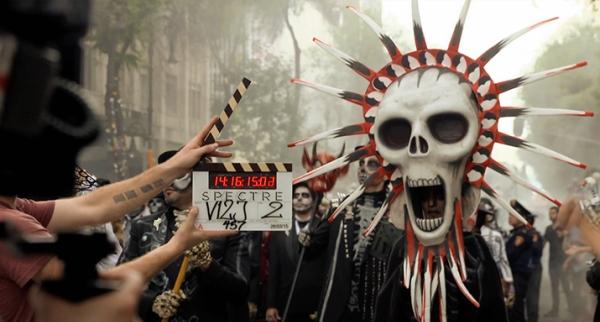
The gaps in logic
Fans have picked apart this film to death. It's a Bond film. There are enough fan theories to explain away any of the potentially illogical plot holes if you want to entertain them.
The Bond series is generally fantastical by definition. Even in the Craig era (one of the most straight played depictions of the character), there are entirely impossible and illogical moments scattered liberally throughout. These moments aren't necessarily a negative aspect of the film. Had it been a sombre WWII epic based on a true story, then perhaps.
SPECTRE had a fantastically accomplished director at the helm. At no point in the drama was I wondering what's happening, where we are, or what the characters' motives are.
Another main issue people seem to flag up in regards to this film is indeed what the characters' motives are. But as an audience, it's not for anyone else other than the filmmakers to dictate this. If you disagree, then that's on you. All we can do, as an audience, is absorb what's presented on screen. If you find it entertaining, amusing, thrilling and enjoyable to watch (as I do), then any reservations can be left at the door.
The handling of familiar Bond elements was done in the wrong way — according to an article in Vox. From the supporting MI6 regulars to the villain, gadgets, plot and portrayal of Bond, Vox thought everything was poorly handled and overwrought with "pointless references to the franchise's past".
Firstly, other than the plot points that relate directly back to the previous few Daniel Craig films, the "references" aren't particularly "references" as such. I'd say they're clearly more of an homage to the cinematic history of Bond.
Daniel Craig wearing a white tuxedo with a carnation doesn't immediately take you out of the drama, isolate you from the film and begin crowbarring in Goldfinger quotes. It's a loving nod towards a similar outfit Sean Connery donned 50 years earlier. It doesn't stand out as an obscene or obnoxious moment. Bond needs to dress in a tuxedo for dinner. It's as simple as that.
Similarly, the fight on the train in SPECTRE doesn't mimic or parody the sequences in From Russia with Love or The Spy Who Loved Me. It's more a nod to the more "classic" Bond adventure. With any of the references to costumes, gadgets or sequences, there is absolutely nothing gratuitous about how SPECTRE goes about it.
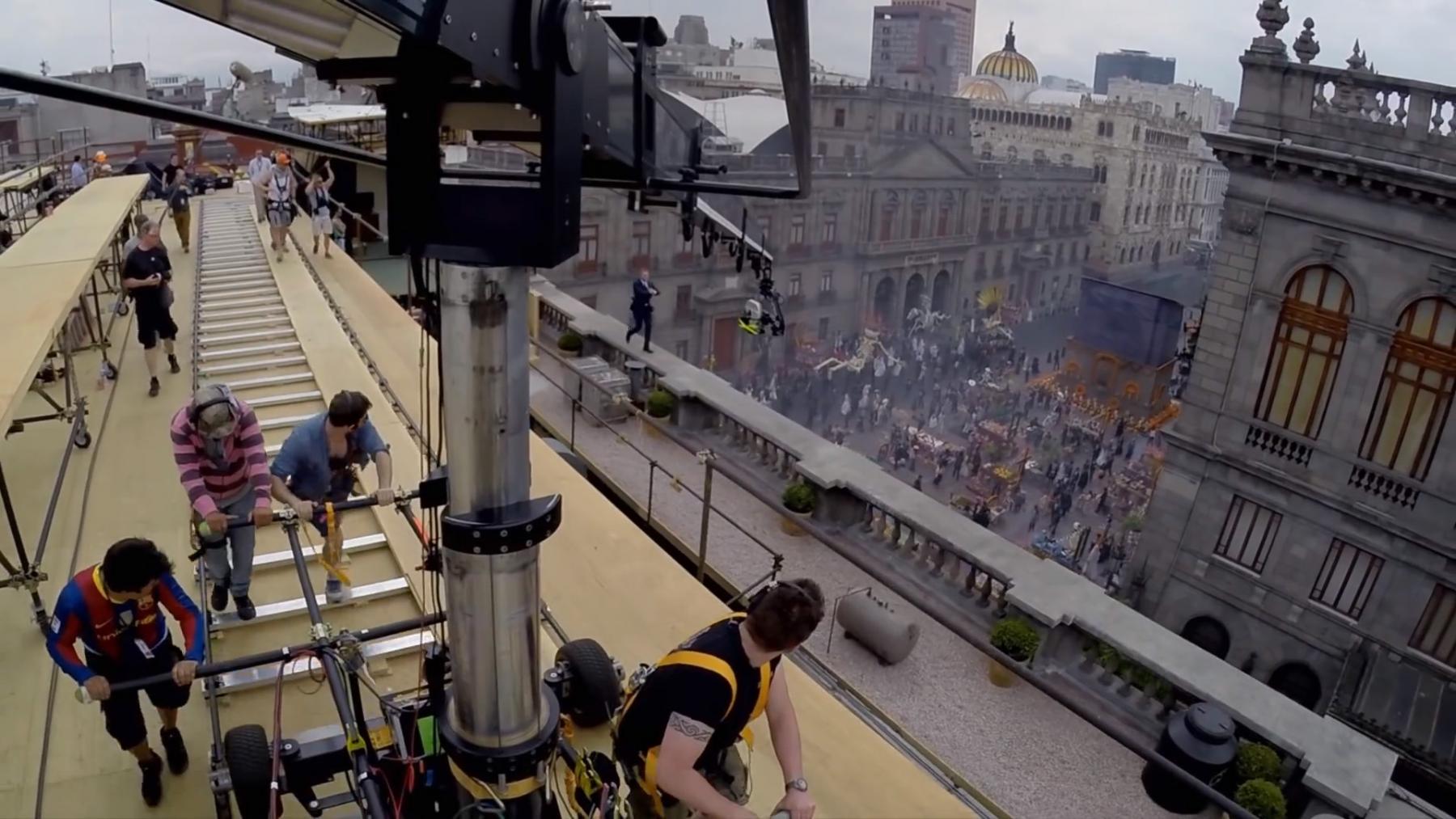
The brothers
Without a doubt, the biggest complaint regarding SPECTRE seems to be how it tied all of the previous Daniel Craig films together and created a backstory about Bond and Oberhauser (Blofeld) being adoptive brothers.
I've never had an issue with this storyline. Strangely, this one aspect of the story can cause a reaction so negative that people will disregard SPECTRE completely. I genuinely saw it as a minor plot twist and considering it's not revealed until the very end of the SPECTRE, it certainly didn't diminish the previous two hours of the film.
You can't have a go at SPECTRE for delving into 007's past. Skyfall went deep into Bond's history — so much so that the title of the film directly relates to Bond's past.
You can't have a go at SPECTRE for wanting to tie all of the Craig era films together either. Quantum of Solace was a direct sequel to Casino Royale. Due to the returning cast and characters, it would only make sense to reference moments in Craig's previous films.
The "brothers" storyline to me is so inconsequential in the greater scheme of things. The Daniel Craig era Bond films exist in their own universe entirely. He wasn't even a 00 agent at the beginning of Casino Royale. There would be no reason to make the Craig era Blofeld similar to any of the previous incarnations (of which there have already been many).
Is Blofeld and Bond as foster brothers really as ludicrous as Blofeld in drag? Blofeld making a double of himself with plastic surgery? Blofeld having his earlobes removed to claim a noble title? Blofeld being dropped down an industrial chimney from a helicopter in a wheelchair? Blofeld operating from a secret underground volcano lair? The character has never been particularly grounded in any kind of reality.
In conclusion, SPECTRE isn't a perfect Bond adventure. It's not on the same level as Casino Royale or Skyfall, but I still adore it. It's the most playful we've seen Craig in the role. The cast is incredible and the action scenes are phenomenal. The plot (if fantastical) is engaging and entertaining. The homages to previous Bond films are classy and well-executed. For me, it was the perfect continuation of the Craig era and the franchise as a whole.

Paul Carolan
Paul is a musician, a father of two, and a Blackpool-born life-long fan of The Seasiders. He graduated in 2009 with a degree in film and media studies and has enjoyed blogging about a variety of films ever since.

